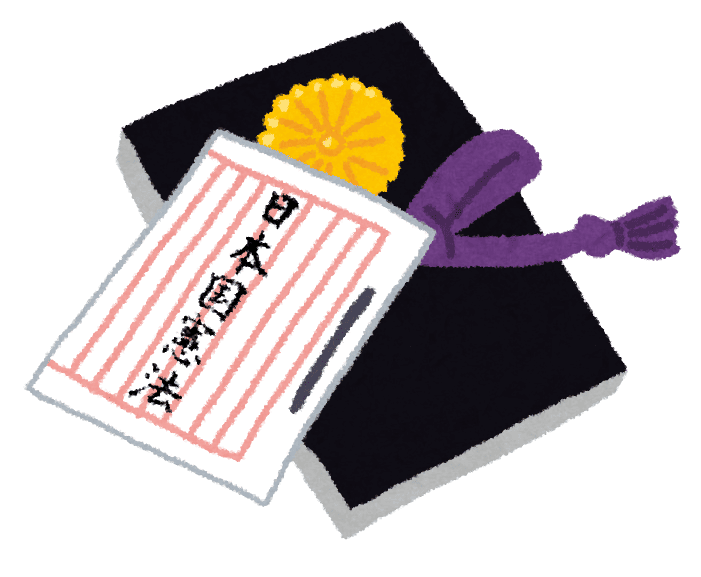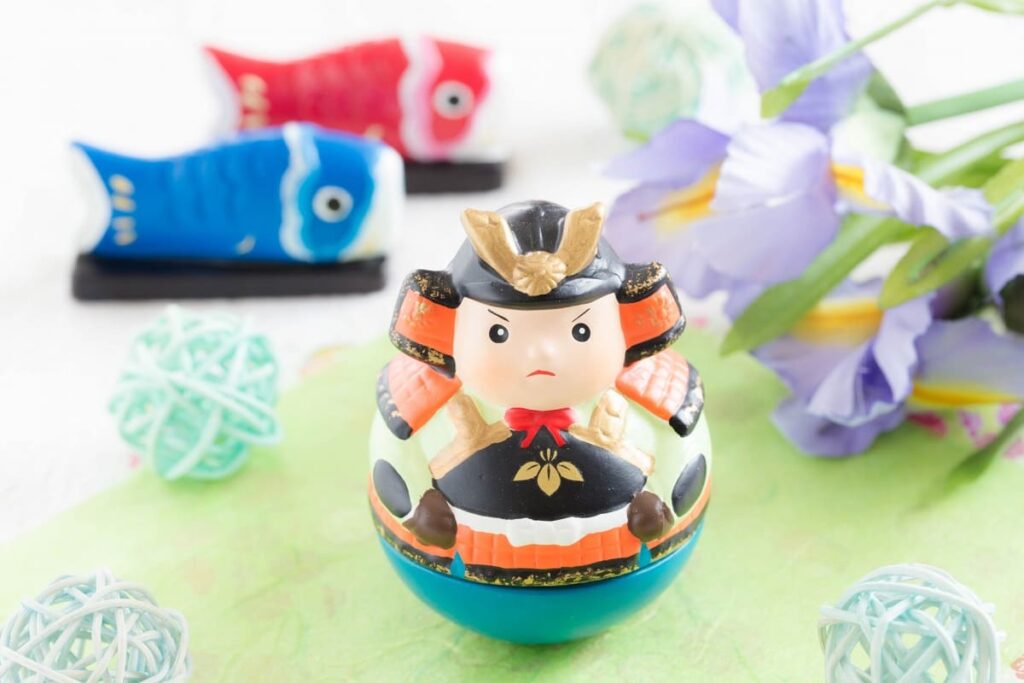When it comes to major holidays in spring in Japan, “Golden Week” is the one that stands out!
If you’re familiar with Japan, chances are you’ve heard of the term “Golden Week” before.
For office workers, it’s like a mental oasis. For students, it’s the first reward holiday after spring break. And for tourist destinations, it’s peak season! In short, it’s a huge event that many people eagerly look forward to.

It’s true. Golden Week is a mental oasis for me.
But you might be wondering, “What exactly is Golden Week?” or “Why does it turn into a long holiday?”
In this article, we’ll explain “Golden Week” — a familiar part of life for Japanese people but surprisingly not well understood — in a simple and casual way!
What is Golden Week?

Golden Week is one of Japan’s longest and most celebrated holiday periods, taking place from late April to early May. Depending on the year and how the calendar falls, it usually spans from April 29 to May 6. During this time, several national holidays are lined up one after another, often resulting in a week-long vacation for many workers and students.
The term “Golden Week” first appeared after the Japanese government passed the Act on National Holidays in 1948. Since then, this springtime cluster of holidays has become a major annual event across Japan.

Let’s take a closer look at the main holidays that make up Golden Week.
The main holidays in Golden Week

April 29: Showa Day (昭和の日)

Showa Day marks the birthday of Emperor Showa (Hirohito), who ruled Japan during a time of tremendous change, including war, postwar recovery, and modernization. The day is set aside to reflect on the Showa era and consider Japan’s path forward.
Originally, April 29 was celebrated as Greenery Day (みどりの日), but in 2007, it was renamed Showa Day. Greenery Day was moved to May 4.

CONFUSING.
May 3: Constitution Memorial Day (憲法記念日)

On this day in 1947, Japan’s current constitution went into effect. Constitution Memorial Day celebrates this historic event and emphasizes Japan’s national ideals, especially the three key principles: popular sovereignty, respect for fundamental human rights, and pacifism.
May 4: Greenery Day (みどりの日)

Greenery Day is all about appreciating nature and promoting environmental awareness. Many people take part in activities like visiting parks, planting trees, or participating in clean-up events. Originally held on April 29, the holiday was moved to May 4 after the 2007 revision of the holiday law.
May 5: Children’s Day (こどもの日)

Children’s Day is a time to celebrate the happiness and growth of children, especially boys. Families with sons often display koinobori (carp streamers), which symbolize strength and determination. This day is also part of an older tradition known as Tango no Sekku—a seasonal festival wishing for boys’ healthy development. The day also honors mothers who raise their children with love and care.

When I was a kid, I liked Children’s Day a lot!
I used to enjoy dessert “Kashiwa-mochi” and “Chimaki”.

For more detail about Children’s Day, check the article below.
Why is Golden Week So Important in Japan?

For many Japanese, Golden Week is one of the rare times of year when they can take an extended vacation. It’s a popular time for domestic and international travel, family reunions, and cultural outings. However, since many people travel at once, major tourist spots can get crowded, and transportation can be booked up well in advance.

Everywhere is so crowded.
Final Thoughts about Golden Week in Japan
Golden Week isn’t just about time off—it’s also a meaningful period for remembering history, embracing nature, and celebrating family. If you’re in Japan during this time or just learning about its culture, Golden Week offers a unique glimpse into what matters most in Japanese society.

Here’s an article about Silver Week as well.

If you are interested in Japan, you may love these games!

Yes! Let’s play!






Comments